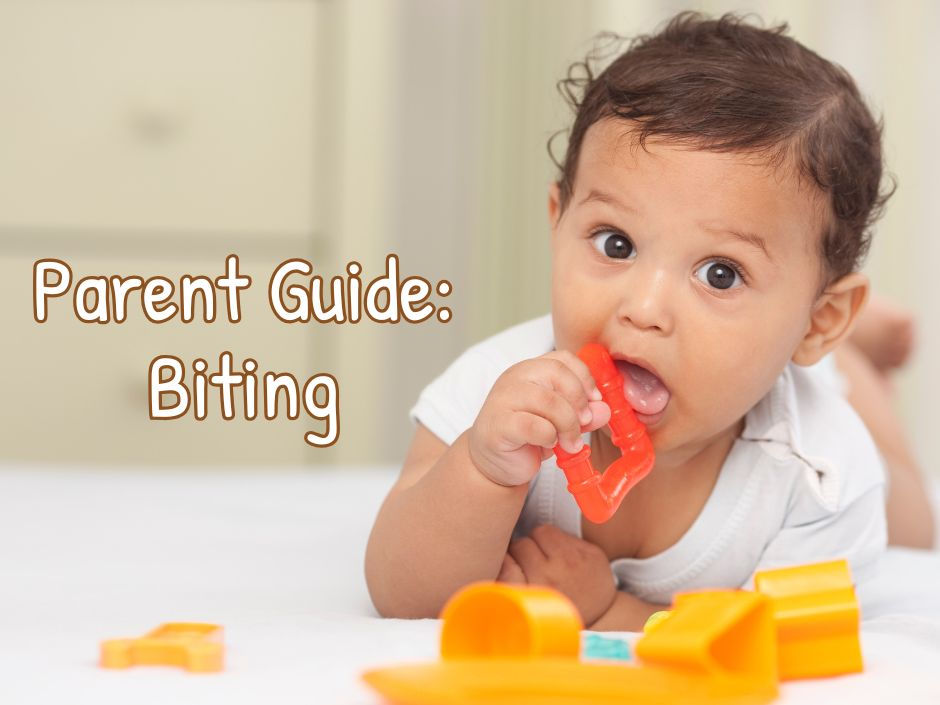Preparing to start Primary School – building confidence
- emilias918
- Mar 14, 2024
- 3 min read
Updated: Jun 17, 2024

For all of us, confidence stems from feelings of well-being and acceptance. It includes self-esteem and a belief in your ability and skills.
Starting primary school is an exciting milestone in your little one’s life, however, it can come with worries and challenges for both you and your child.
A child who has a good level of confidence and healthy self-esteem will be better prepared to face new challenges and experiences.
This blog post has been written in partnership with NDNA and is all about Preparing to start Primary School – building confidence.
Let’s dive straight in!
How will building my child’s confidence support them?
Helping your little one with their emotional well-being, confidence and self-esteem will support them in the transition to school.
Firstly, confidence and self-esteem go hand in hand – when your child believes they are good at one thing, their self-confidence will grow. This will expand into all areas of their life!
This means that children will feel more secure, at ease and generally more able to face life challenges.
Taking the time to build these attributes will support your little one’s learning not just at school but throughout their life!
Here are some things you can do at home to support this.

Supporting confidence building at home
Resilience
Children who develop resilience can bounce back more easily after difficulties.
Encourage your child to understand that setbacks are a normal part of life and they will overcome them.
Encourage your little one to keep trying and remind them of times they persisted in overcoming a challenge – e.g. when learning to put their coat on.
If your child is struggling with a new skill, simply break it down into smaller, more manageable steps with them so they can experience success in small parts until they succeed independently.
Praise and encouragement
Ensure you say words of encouragement that focus on specific positive behaviours that your little one is showing for instance if they clean up without being asked to or get dressed themselves.
Focus on things your child can control e.g. if they’ve been honest about breaking something. Chat together about how to make things right but be proud of them for being honest.

Independence
Allow your child to do things for themselves – this can be making a sandwich, pouring their drink, getting dressed by themselves etc.
These simple activities may either be messy or take more time or both but developing independence in these small daily tasks can really help your little one grow their confidence.
With building independence patience is key - try and only provide help when they ask for it rather than taking over the activity when they struggle.
You can find out more about fostering independence in our all you need to know guide – click here to check it out.
Interests
Nurture your little one’s interests like painting, reading, sports, singing, baking or anything else that they enjoy.
Help encourage them to learn and develop skills by doing these things together, going on trips relevant to the interest or signing them up to a club.
Taking Risks
Taking age-appropriate risks with an adult can build your child’s confidence. In tough situations, making choices and taking responsibility will help your little one better understand the world around them.
Teach your little one about safety and stepping away from things that feel unsafe. Be mindful of risks that may cause harm and others that may be teaching moments.

Confidence and self-awareness activities and additional tips
Make a scrapbook for their favourite things – fill it with drawings and photos of their favourite things as well as achievements.
Teach your child vocabulary related to emotion to help them communicate how they are feeling. Characters from books are a good way to get started with this e.g. you can ask them how they think the character is feeling at certain points throughout the story.
Make time to listen – discuss things they’ve been enjoying.
Recognise your child’s successes and encourage them to be proud of themselves.
Talk to your little one about ideas and ensure these feel valued, especially when they’re solving problems or overcoming challenges.
Look out for opportunities where you can teach your child the importance of taking turns and sharing. Click here for an all you need to know guide to learning to share.
Additional Resources




Comments